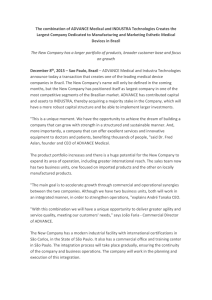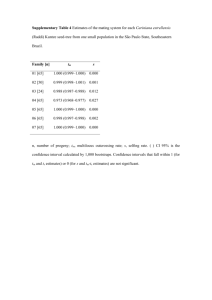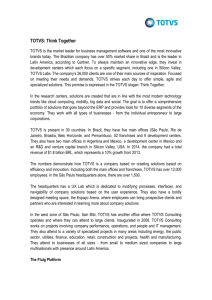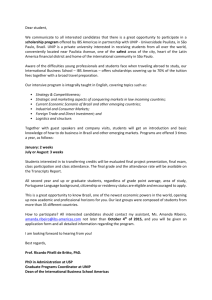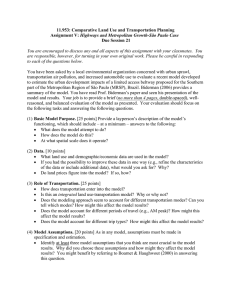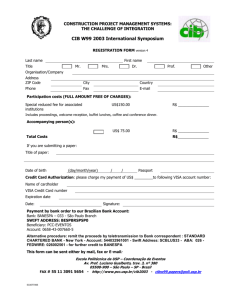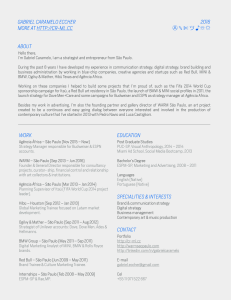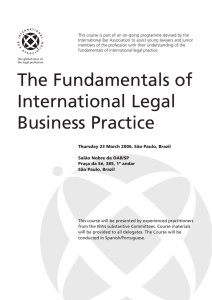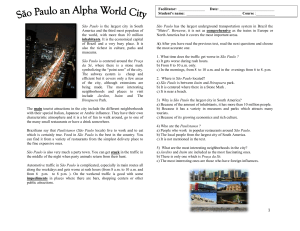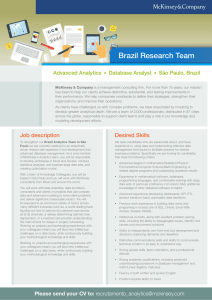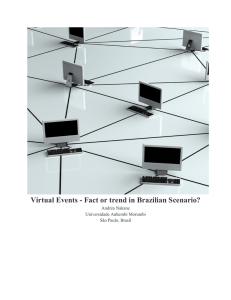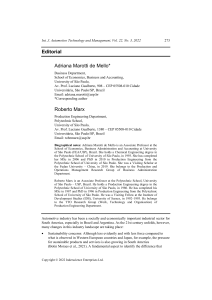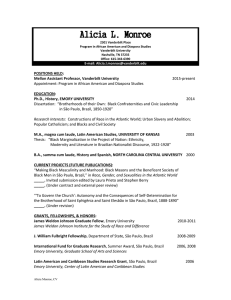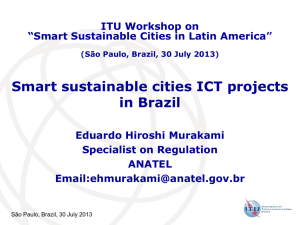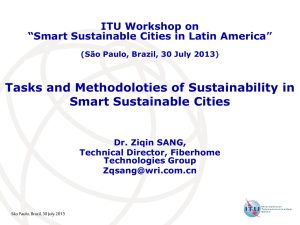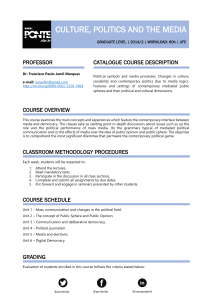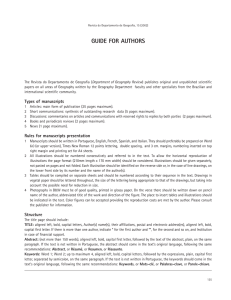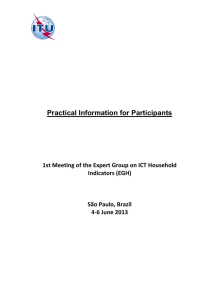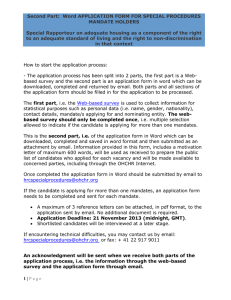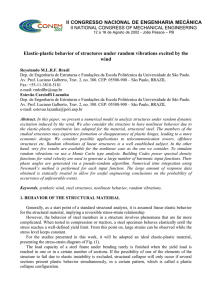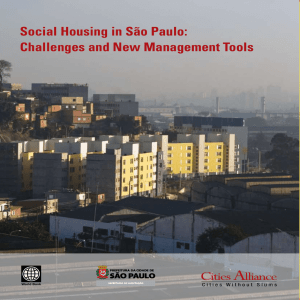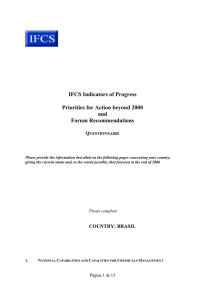Schaeffer-Novelli Yara , Clemente Coelho Jr. ,
advertisement
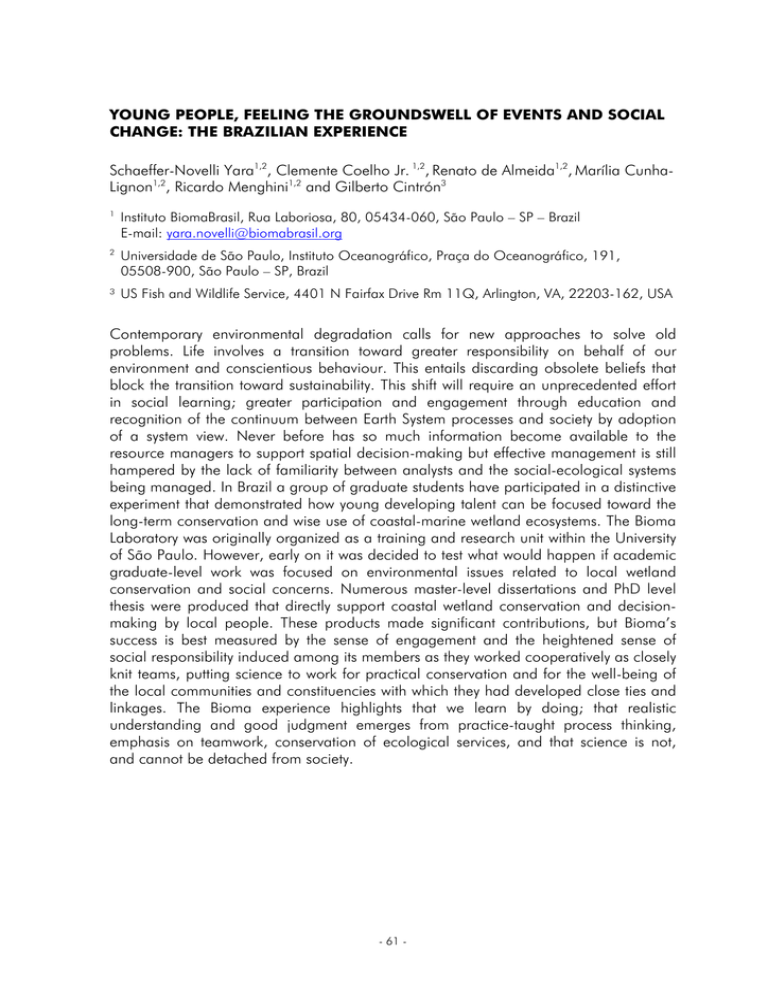
YOUNG PEOPLE, FEELING THE GROUNDSWELL OF EVENTS AND SOCIAL CHANGE: THE BRAZILIAN EXPERIENCE Schaeffer-Novelli Yara1,2, Clemente Coelho Jr. 1,2, Renato de Almeida1,2, Marília CunhaLignon1,2, Ricardo Menghini1,2 and Gilberto Cintrón3 1 Instituto BiomaBrasil, Rua Laboriosa, 80, 05434-060, São Paulo – SP – Brazil E-mail: yara.novelli@biomabrasil.org 2 Universidade de São Paulo, Instituto Oceanográfico, Praça do Oceanográfico, 191, 05508-900, São Paulo – SP, Brazil ³ US Fish and Wildlife Service, 4401 N Fairfax Drive Rm 11Q, Arlington, VA, 22203-162, USA Contemporary environmental degradation calls for new approaches to solve old problems. Life involves a transition toward greater responsibility on behalf of our environment and conscientious behaviour. This entails discarding obsolete beliefs that block the transition toward sustainability. This shift will require an unprecedented effort in social learning; greater participation and engagement through education and recognition of the continuum between Earth System processes and society by adoption of a system view. Never before has so much information become available to the resource managers to support spatial decision-making but effective management is still hampered by the lack of familiarity between analysts and the social-ecological systems being managed. In Brazil a group of graduate students have participated in a distinctive experiment that demonstrated how young developing talent can be focused toward the long-term conservation and wise use of coastal-marine wetland ecosystems. The Bioma Laboratory was originally organized as a training and research unit within the University of São Paulo. However, early on it was decided to test what would happen if academic graduate-level work was focused on environmental issues related to local wetland conservation and social concerns. Numerous master-level dissertations and PhD level thesis were produced that directly support coastal wetland conservation and decisionmaking by local people. These products made significant contributions, but Bioma’s success is best measured by the sense of engagement and the heightened sense of social responsibility induced among its members as they worked cooperatively as closely knit teams, putting science to work for practical conservation and for the well-being of the local communities and constituencies with which they had developed close ties and linkages. The Bioma experience highlights that we learn by doing; that realistic understanding and good judgment emerges from practice-taught process thinking, emphasis on teamwork, conservation of ecological services, and that science is not, and cannot be detached from society. - 61 -
